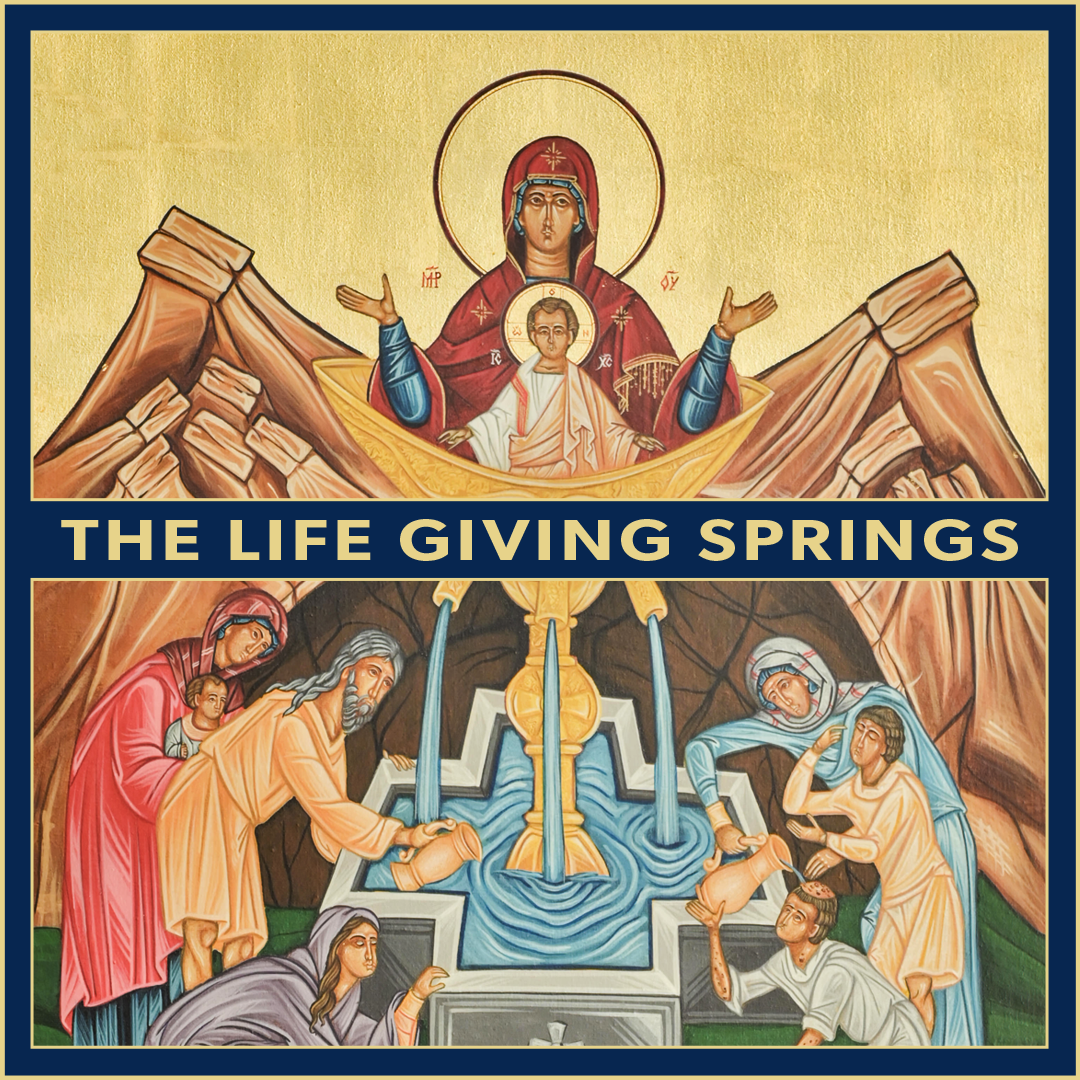
Podcast of Fr. Miron Kerul’-Kmec Jr., a priest of the Archeparchy of Pittsburgh. Fr. Miron is currently an administrator of Sts. Peter and Paul Byzantine Catholic Church, Warren, Ohio. If you would like to contact Fr. Miron directly, you can use this email address: lifegivingspringspodcast@gmail.com Facebook Page: https://www.facebook.com/profile.php?id=61562310433780
Episodes
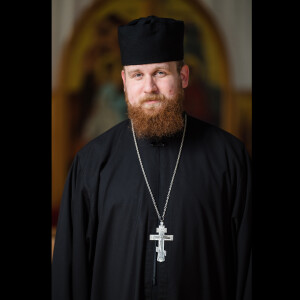
7 days ago
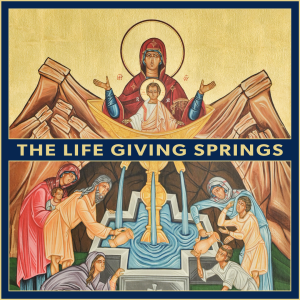
7 days ago

Friday Dec 26, 2025

Monday Dec 08, 2025

Friday Dec 05, 2025
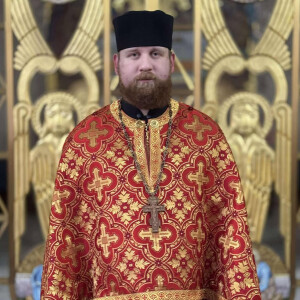
Tuesday Nov 18, 2025
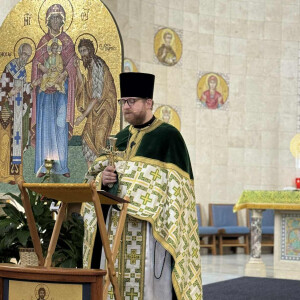
Sunday Nov 09, 2025

Saturday Nov 08, 2025
Homily - Feastday of St. Michael and All Angels - St. Isaac on Angels
Saturday Nov 08, 2025
Saturday Nov 08, 2025

Sunday Oct 26, 2025

Wednesday Oct 22, 2025

Monday Oct 20, 2025
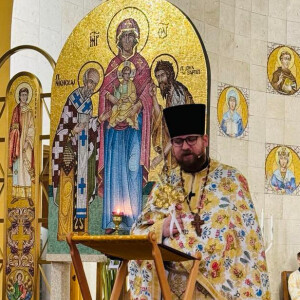
Sunday Oct 12, 2025
Homily - Sunday of the Fathers of the 7th Ecumenical Council
Sunday Oct 12, 2025
Sunday Oct 12, 2025
Jn 17-1-13
Version: 20241125
